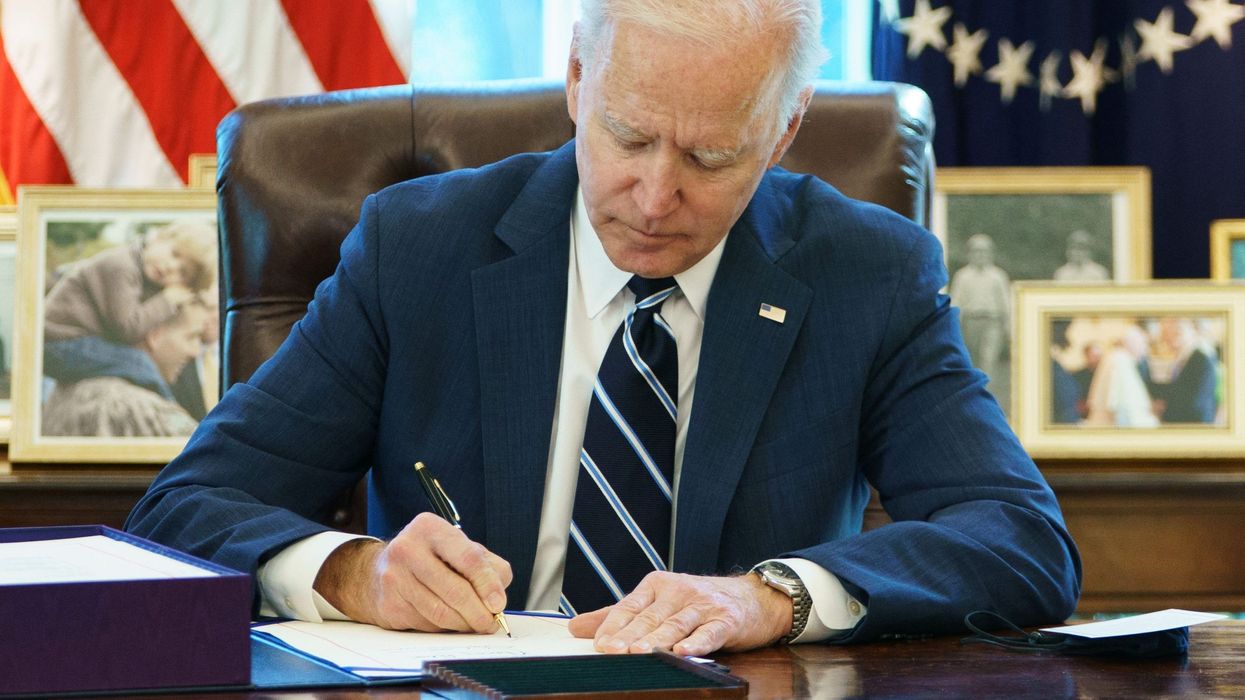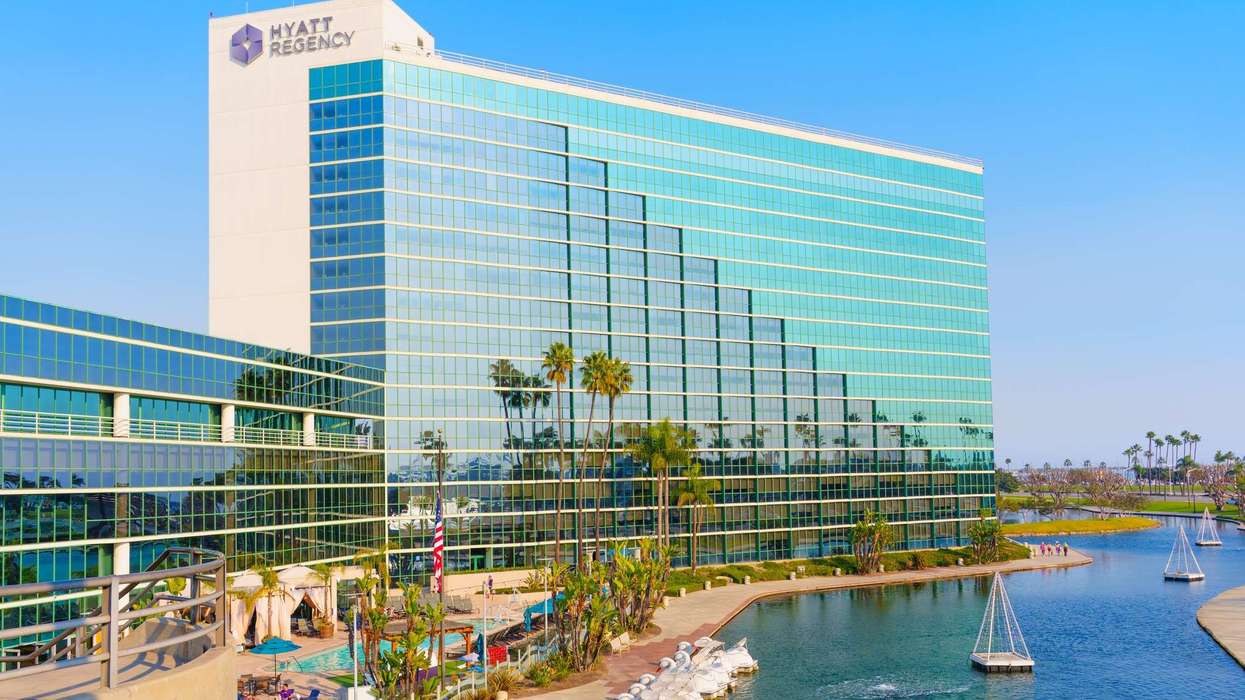THE PRESIDENT HAS signed his $1.9 trillion American Rescue Plan Act into law and fresh relief from the crushing economic downturn brought on by the COVID-19 pandemic will soon be on its way. The relief package includes more funding for vaccinations and for programs favored by the hospitality industry, such as the Paycheck Protection Program.
“In the weeks that this bill has been discussed and debated, it’s clear that an overwhelming percentage of the American people — Democrats, independents, our Republican friends — have made it clear — the people out there have made it clear they strongly support the American Rescue Plan,” President Biden said as he signed the ARP into law Thursday. “With the final passage of the plan in the House of Representatives, their voices were heard and reflect- — reflected in everything we have in this bill.”
The APR includes another $7 billion for the PPP and would make more non-profit organizations eligible for the program, according to an article from law firm Akin Gump Strauss Hauer & Feld LLP. It also includes $15 billion to the Emergency Injury Disaster Loan program, which provides long-term, low-interest loans from the Small Business Administration; $28.6 billion in new grants for bars and restaurants specifically; and an additional $1.25 billion in funding for the $15 billion Shuttered Venue Operator Grant (SVOG) program passed in December to provide relief to independent live music venues, performing arts centers, movie theaters and museums.
Hotel industry associations have been pressing for the passage of the ADR. The ARP Act will speed economic recovery for hotels, said Cecil Staton, AAHOA’s president and CEO, in a statement. Along with direct loans and grants to business, Staton said the $91 billion the act provides for COVID-19 vaccine and treatment research also is important.
“Hotels were among the first businesses to feel the impact of COVID-19 as the pandemic. For our industry to recover, we need people to start traveling again,” Staton said. “The billions of dollars included in the ARP for increased testing and a rapid expansion of vaccine distribution will go a long way in boosting consumer confidence about safely resuming pre-pandemic activities, like leisure and business travel.”
Other elements of the plan Staton cites are:
- $450 million in Economic Development Administration grants for destination marketing organizations to encourage and promote safe travel.
- Extending the CARES Act employee retention credit through the end of 2021 while allowing eligible employers to claim a credit for paying qualified wages to employees.
- Extending the employer tax credit for voluntary paid leave from the CARES Act through September 2021.
- Increasing the employer credit from $10,000 to $12,000 and permits credits for leave for a COVID-19 vaccination.
The U.S. Travel Association said in its statement that the ARP Act is important, but more is needed for the PPP program.
“The ARP contains many good features, but there’s something crucial that Congress must accomplish to restore the millions of travel-dependent jobs lost to the pandemic: extend the PPP deadline through at least June, and allow another draw on those funds for the hardest-hit employers,” said Roger Dow, USTA president and CEO. “Leisure and hospitality currently account for nearly 40 percent of all U.S. unemployment, and the industry’s recovery is projected to take as long as five years without decisive federal action. The PPP has proven to be effective, but it must be allowed to keep helping businesses whose customers are not yet able to come back in strength. The resources the ARP provides for travel and tourism are another good step, but we strongly urge Congress to take immediate action to extend the PPP deadline through June 30.”






